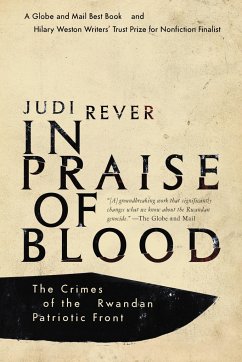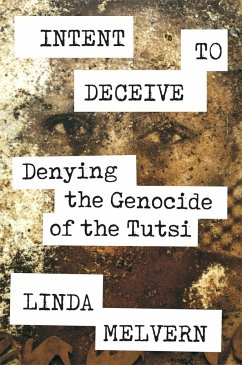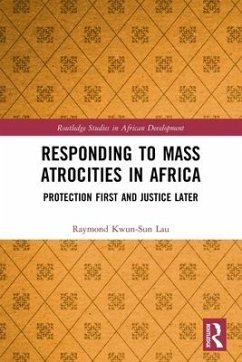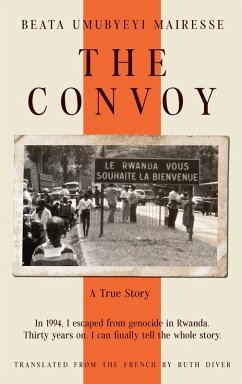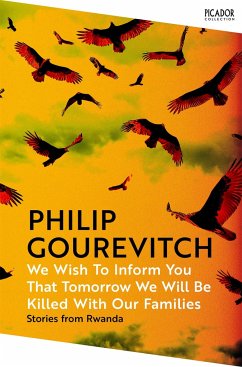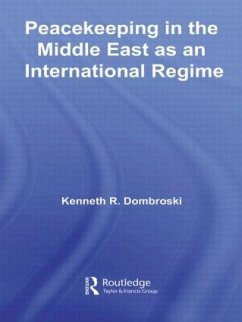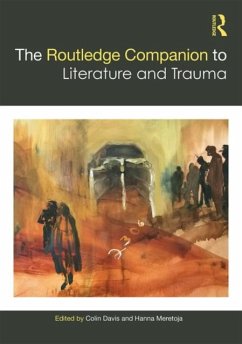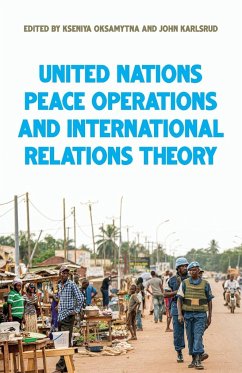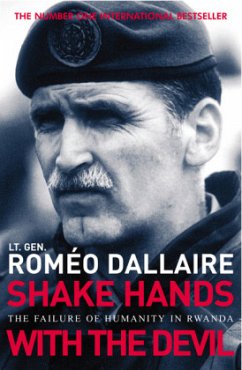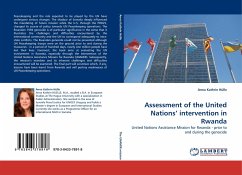
Assessment of the United Nations'' intervention in Rwanda
United Nations Assistance Mission for Rwanda - prior to and during the genocide
Versandkostenfrei!
Versandfertig in 6-10 Tagen
39,99 €
inkl. MwSt.

PAYBACK Punkte
20 °P sammeln!
Peacekeeping and the role expected to be played by the UN have undergone serious changes. The shadow of Somalia deeply influenced the mandating of future mission while the U.S, through the PDD25, changed its course of policy towards UN Peacekeeping operations. The Rwandan 1994 genocide is of particular significance in the sense that it illustrates the challenges and difficulties encountered by the international community and the UN to correspond adequately to intra-state conflicts. The Rwandan genocide could not be prevented although UN Peacekeeping troops were on the ground prior to and durin...
Peacekeeping and the role expected to be played by the UN have undergone serious changes. The shadow of Somalia deeply influenced the mandating of future mission while the U.S, through the PDD25, changed its course of policy towards UN Peacekeeping operations. The Rwandan 1994 genocide is of particular significance in the sense that it illustrates the challenges and difficulties encountered by the international community and the UN to correspond adequately to intra-state conflicts. The Rwandan genocide could not be prevented although UN Peacekeeping troops were on the ground prior to and during the massacres - in a period of hundred days, nearly one million people have lost their lives. Foremost, the book aims at evaluating the UN involvement in Rwanda, especially through the intervention of the United Nations Assistance Mission for Rwanda (UNAMIR). Subsequently, the mission's mandate and its inherent challenges and difficulties encountered will be examined. The final part will scrutinize which, if any, lessons have been learnt from Rwanda and will portray weaknesses of UN Peacekeeping operations.





